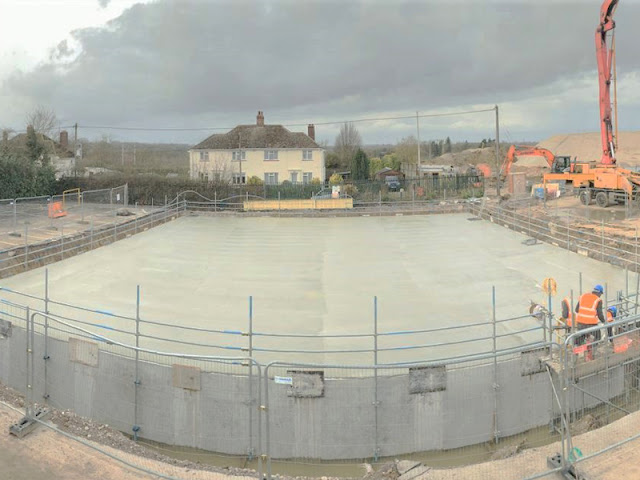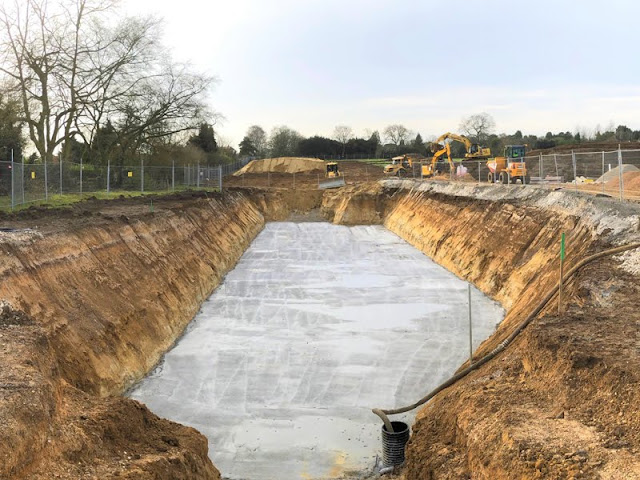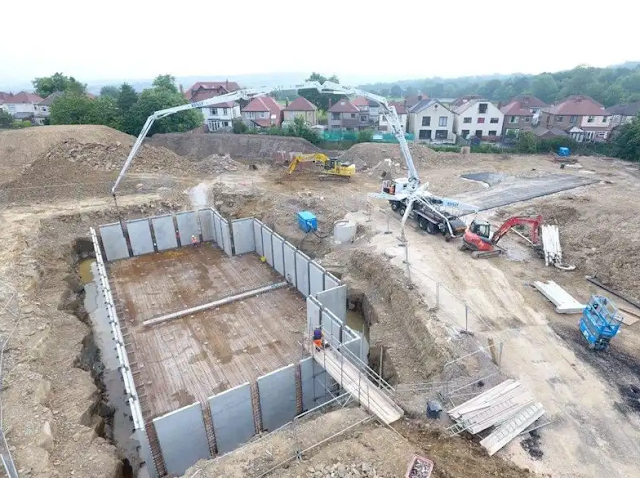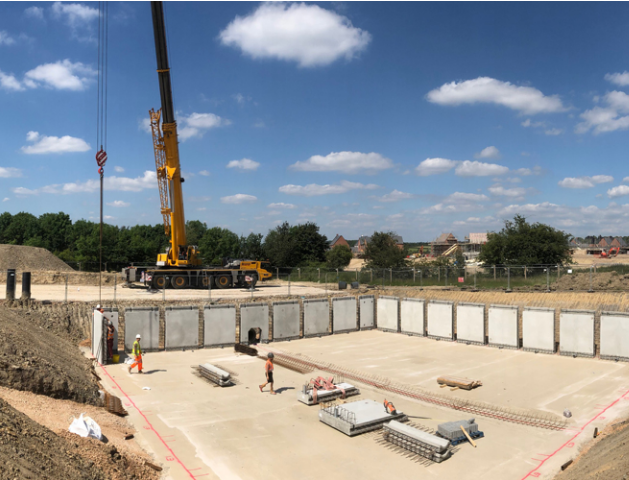How to prevent stormwater pollution in cities?
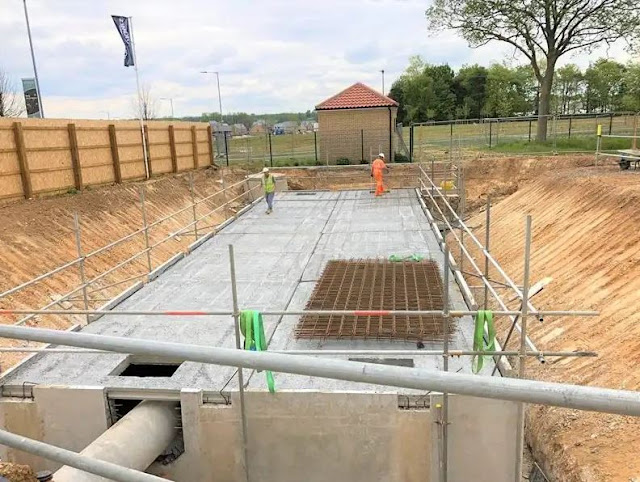
Stormwater management is a major concern in cities because due to impervious surfaces all around, the stormwater does not get absorbed by the soil. In a natural setting, most of the rainwater is soaked by green plants and soil. And, the rest water is flown to the nearby water bodies through the natural waterways. However, in cities, this process has been disturbed which results in an imbalanced hydrological system, flooding, and water pollution. While most cities comprise a stormwater drainage network that works well to divert the stormwater from the source point to the nearby water bodies, it fails to prevent water pollution. As storm drains do not comprise any water filters, they fail to check the pollutants from entering the water bodies. Although government and municipalities work towards mitigating water pollution, as a citizen, we can implement numerous ideas in this regard. Here, we have shared a few of them. 1) Install a stormwater attenuation system A storm...
